Informazione: Questo blog è attualmente disponibile solo in spagnolo e inglese.
The gastronomy of the Canary Islands is a culinary gem that combines flavors, traditions, and techniques from various cultures, creating a unique and delicious experience. This cuisine, influenced by the volcanic geography and strategic location of the islands, offers a fusion of fresh local ingredients with Spanish, African, and Latin American influences.
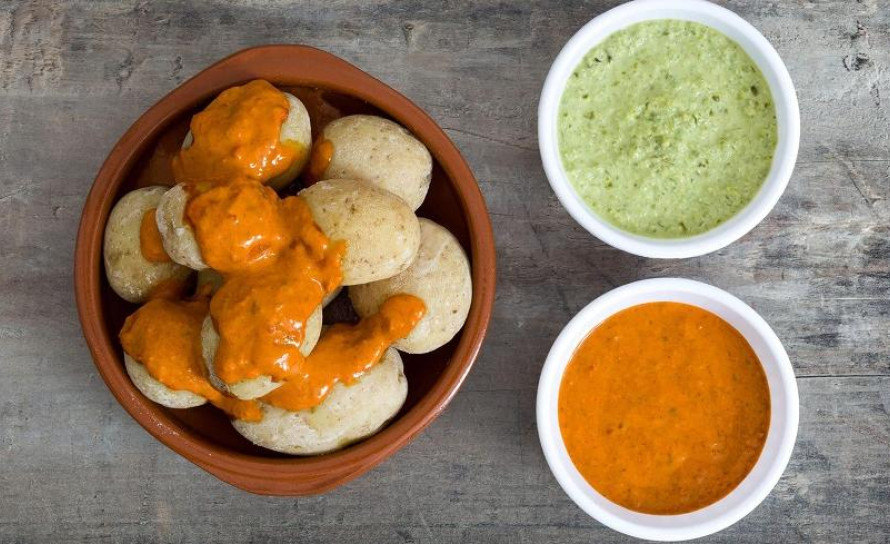
Few things generate as much identity in the Canary Islands as their gastronomy and local products. On weekends, families gather to share traditional dishes and ease their worries, while others seek out restaurants serving typical food. When Canarians go to study or work abroad, they always carry local products with them, such as black potatoes, mojo, gofio, and palm honey, to alleviate their homesickness.
The wines of the Canary Islands are a true enological treasure, recognized for their uniqueness and quality. The geographic location, subtropical climate, and volcanic soil contribute to the production of unique wines with a distinctive character.
Viticulture in the Canary Islands has a long history dating back to the arrival of European settlers in the 15th century. Since then, wine production has been an integral part of the culture and economy of the islands. In the 16th century, Canary wines were highly appreciated in Europe, especially in England, where "Canary Sack" was mentioned in Shakespeare's works.
The wines of the Canary Islands are an enological treasure that reflects the cultural and natural richness of the islands. Their diversity of varieties and styles, along with the uniqueness of their terroir, make them a unique experience for wine lovers. Whether enjoying a fresh and fruity white wine from Tenerife or an elegant and complex red from Gran Canaria, each glass offers a journey through the history and nature of the Canary Islands.
The typical desserts of the Canary Islands are a delightful blend of local influences and the various cultures that have passed through the islands over the centuries. Here are some of the most outstanding:
Canarian bienmesabe is a traditional dessert from the Canary Islands, known for its sweet flavor and rich, creamy texture. The name "bienmesabe" literally means "it tastes good to me" or "I like it" in Spanish, reflecting the delight experienced by those who try it.
The main ingredients of Canarian bienmesabe are: Ground almonds, Sugar, Egg yolks, Lemon (zest and juice), Cinnamon, Water.

Quesillo is a type of flan very popular in the Canary Islands. It is made with condensed milk, eggs, sugar, and lemon zest. Unlike traditional flan, quesillo has a denser texture and a sweeter taste.

Frangollo is a dessert made from cornmeal, milk, sugar, almonds, raisins, lemon, cinnamon, and butter. It is a type of pudding usually served cold and can be accompanied by honey or cream.
Trout are sweet dumplings usually consumed during the Christmas holidays. They are filled with sweet potato, almonds, sugar, and sometimes angel hair (a sweet made from pumpkin pulp).
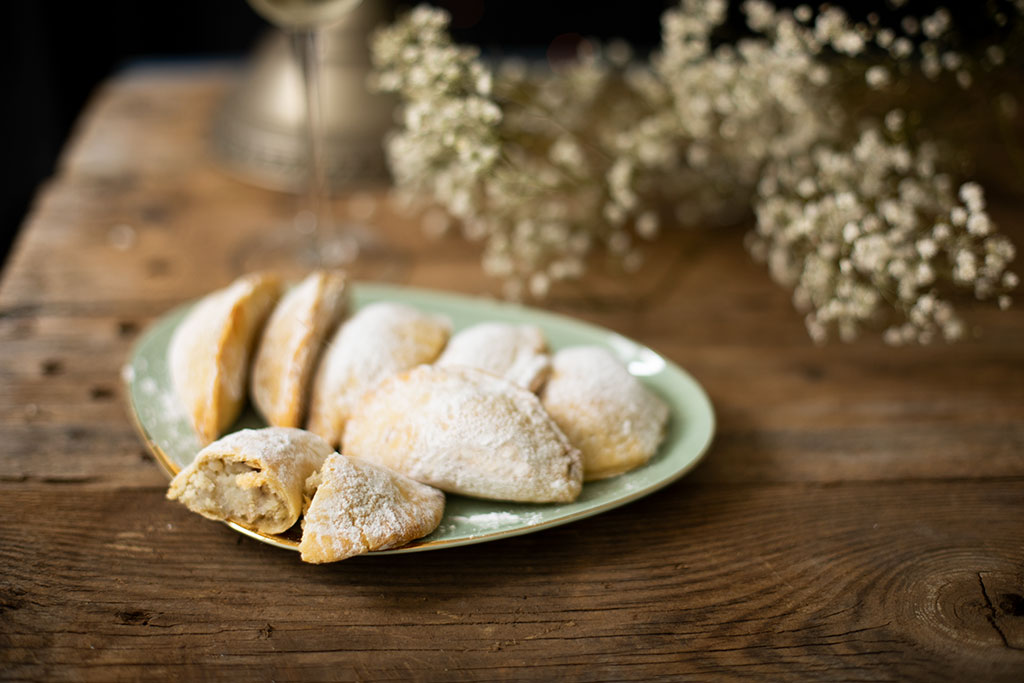
Although originally from Uruguay, this dessert has been adopted and adapted in the Canary Islands, becoming a local favorite. It consists of a base of crushed María cookies, dulce de leche, whipped cream, and crumbled meringue.

Roasted milk is similar to flan but is baked in the oven until it acquires a characteristic consistency and flavor. It is made with milk, eggs, sugar, and lemon zest.
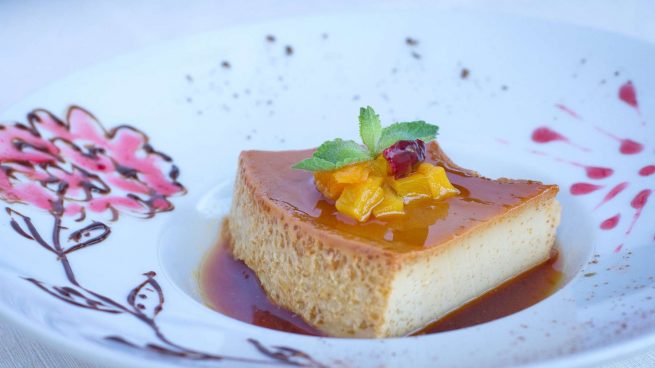
This is a typical dessert from La Palma that consists of sponge cake layers soaked in liquor, interspersed with a mixture of chocolate, coffee, ground almonds, and hazelnuts. It is usually topped with a layer of whipped cream.
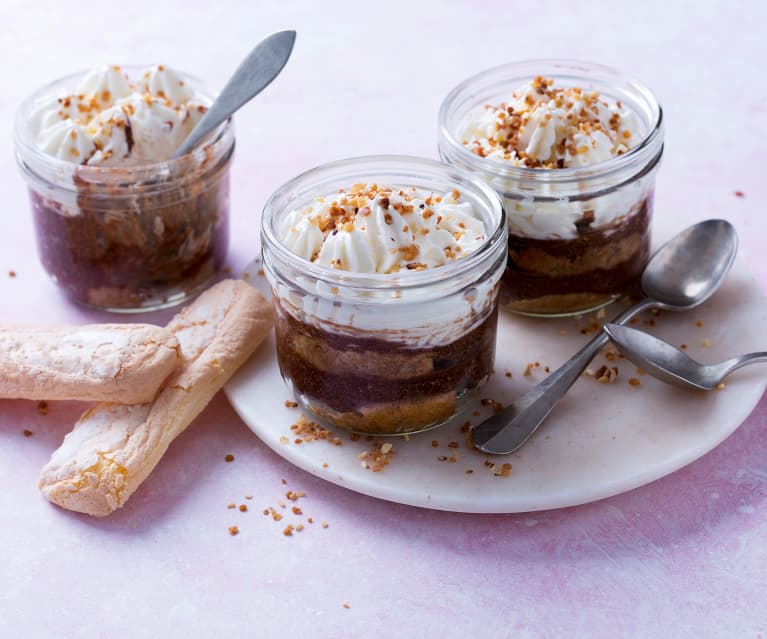
Gofio, a toasted cereal flour, is a fundamental ingredient in Canarian cuisine. In desserts, it is used in various preparations, such as gofio mousse, gofio ice cream, or mixed with honey and nuts to make gofio dough.
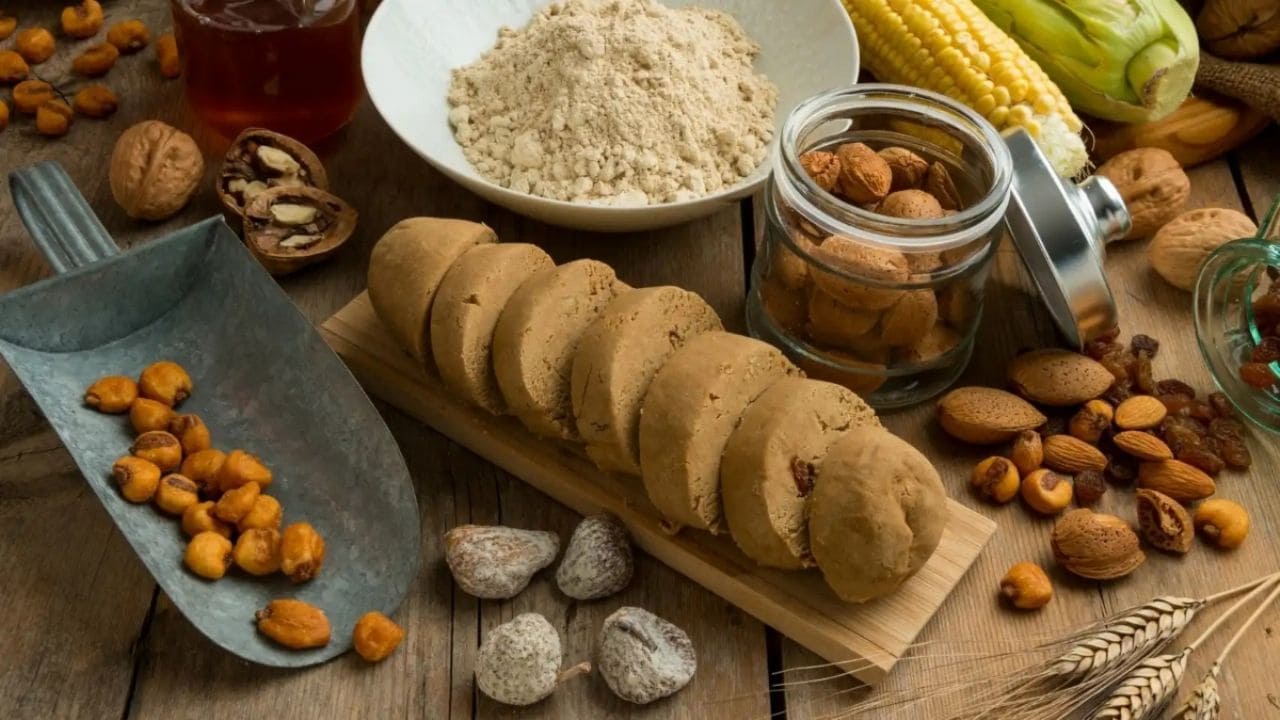
Mole eggs are a very traditional dessert made with egg yolks, sugar, cinnamon, and lemon zest. The yolks are beaten with sugar until a thick cream is obtained, then flavored with cinnamon and lemon.
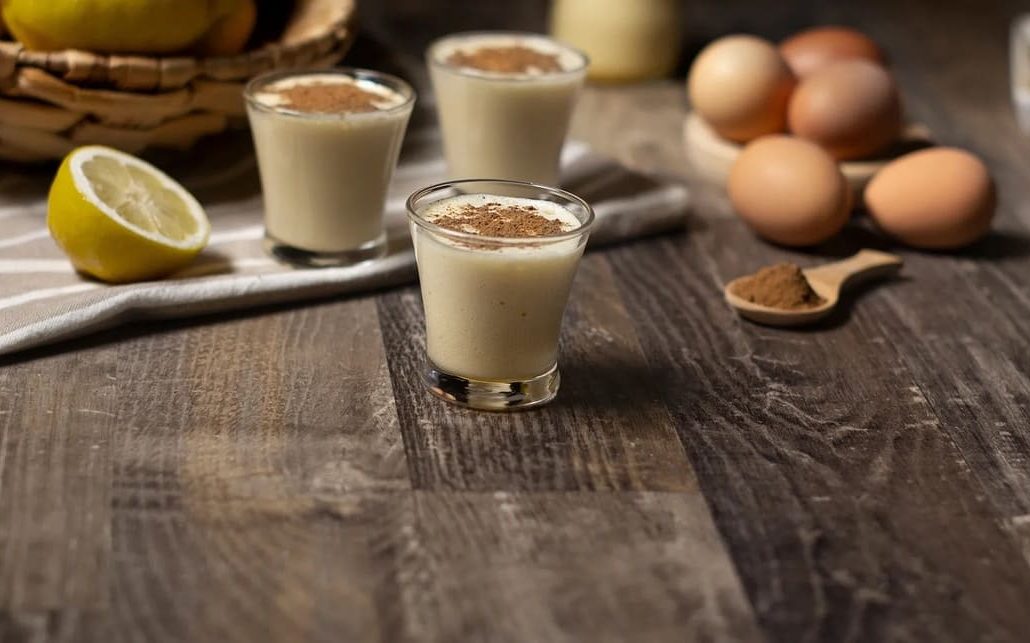
Passion fruit is a tropical fruit that has been perfectly integrated into Canarian pastry. Passion fruit mousse is a light and refreshing dessert, ideal for hot days.
